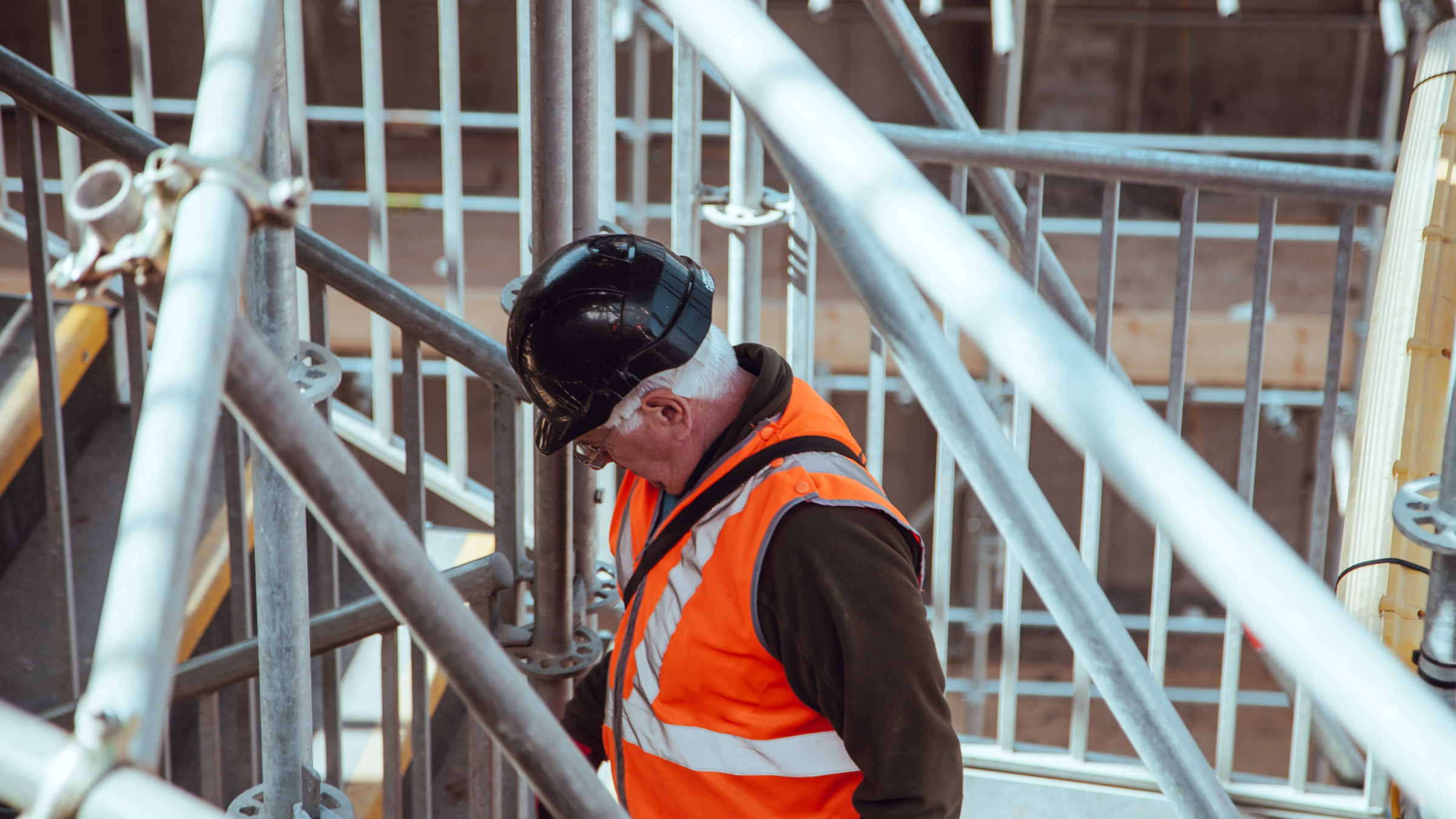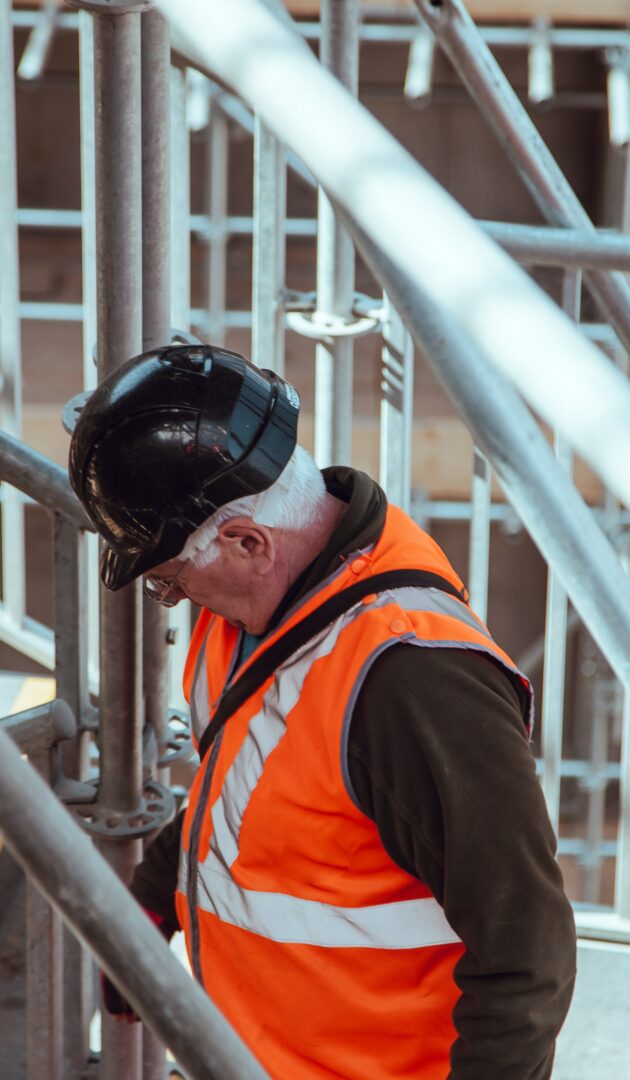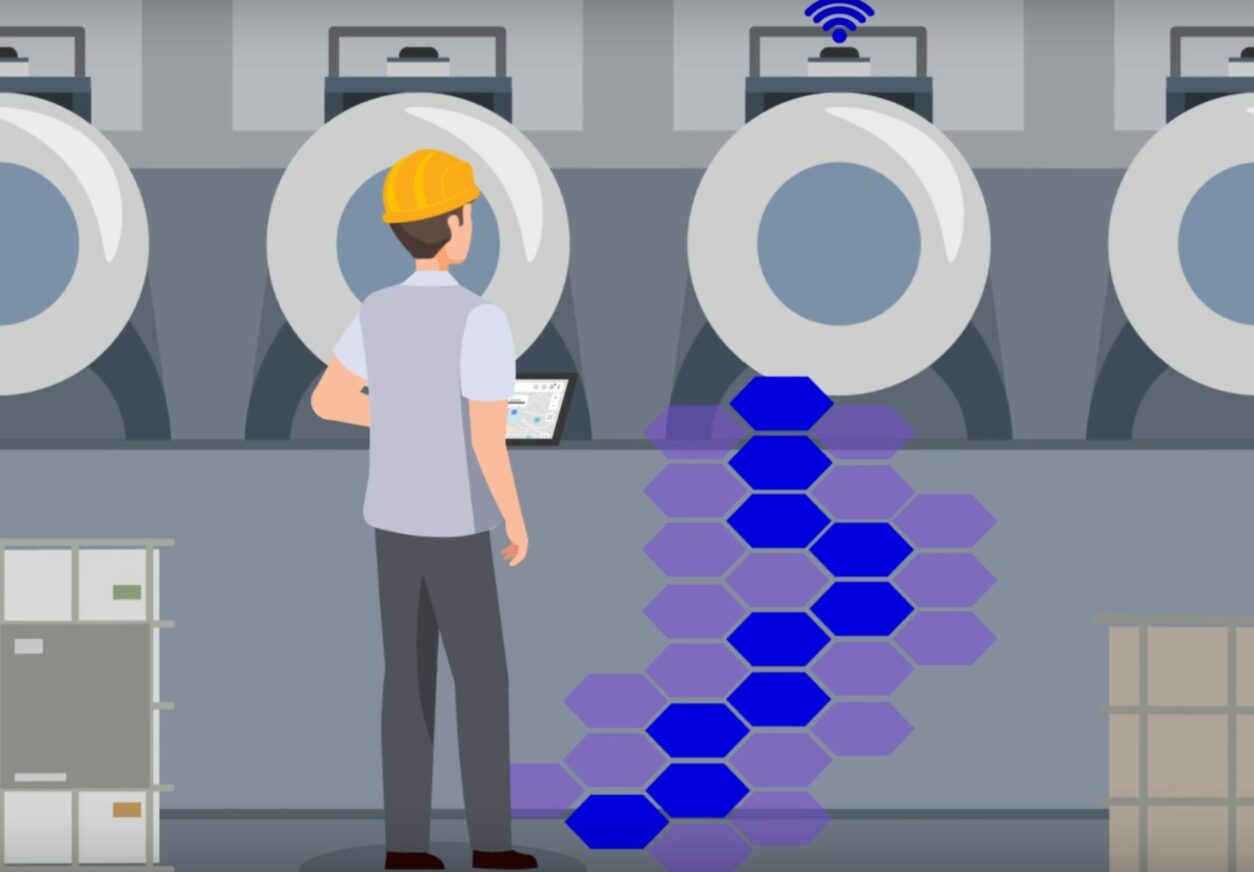Why seek to optimise operator movements?
The optimisation of a company’s performance is generally based on Lean Manufacturing methods. This tool consists of reducing the 7 types of waste found in companies.
Among these types of waste, there is the waste resulting from unnecessary movements and gestures. Travelling time increases the time it takes to manufacture products, which has a negative impact on production costs.
Thus, to improve the performance of a company, it is essential to optimise the movements of operators.
The importance of industrial safety in the factory
Addressing the movement of operators in factories is not only about improving company performance. The optimisation of these movements concerns an even more important issue : industrial safety.
In practice, these two issues are closely linked : it is obvious that by limiting accidents, we optimise travel.
In this article, you will find tips on how to optimise your company’s performance by making it safer for your operators and reducing your waste.
1. Optimising worker travel through factory layout
The first step in optimising worker movement is to look at the layout of the factory. This involves the judicious layout of the various workstations to limit journeys and avoid collisions between machines and pedestrians.
There are two main types of layout:
- linear layout
- cellular layout.
The first consists of distributing the workstations so that the production cycle is as short as possible. It favours the proximity of adjacent workstations and a continuous production flow. The second is the ‘U’ shaped circuit. It consists of grouping equipment according to similarities between operations.
2. Cable layout in the factory
Once the layout of the workstations seems satisfactory, it may be necessary to look at the cables, which are often numerous in the movement areas.
If these cables are fixed to the floor, they are likely to cause operators to trip. Over time, the insulation may even wear away and eventually reveal the conductive wire. Once the wire is exposed, operators are at great risk of electrocution.
For these reasons, it is essential that cables are fixed high up in the factory. This can be done using suspension clips or flat hooks, for example.
More generally, it is imperative to carry out regular site safety checks. In addition to the placement of cables, this includes checking the machines and the clearance of emergency exits and stairways.
3. Tidying up the workstations
The tidying up of workplaces is just as important as the layout of the surrounding areas. A messy workshop will not only reduce the efficiency of the operator working there, but will also increase the risk of accidents at that workstation. The cleanliness of workplaces must therefore be ensured at all times.
If some workshops seem to be regularly untidy, it is possible that the system for storing equipment at the workstation is not adequate. Indeed, each piece of equipment should have an allocated storage area, close to the workstation where it is most used.
4. Communication of safety rules
The best way to limit accidents is to prevent them. The safety instructions must therefore be clearly stated to them. The actions to be taken in the event of accidents must also be trained.
The wearing of personal protective equipment (PPE) must also be scrupulously respected by all operators. It is advisable to place posters specifying the mandatory PPE for each workstation.
For example, Zozio’s solution contributes to the safety of industrial workers, notably through real-time alerts that can warn the operator of a possible collision with handling equipment.
5. Using a solution to digitalise
Some companies are using software to assist Factory 4.0 with safety documentation. If you are thinking of digitising your safety rules, or digitising your preventive maintenance checklists, you can find out about the different types of software that exist. A number of innovative solutions for improving industrial safety are now available on the market.
Industrial safety: an indicator of your company’s health
As we have seen in this article, the optimisation of your operators’ movements and industrial safety are pillars of your company’s performance. They are also very much a part of your operators’ well-being. A healthy and safe environment increases the motivation of your workers, which has a direct positive impact on your performance. Compliance with safety rules is therefore a twofold benefit !
Written by Emma Guignard








